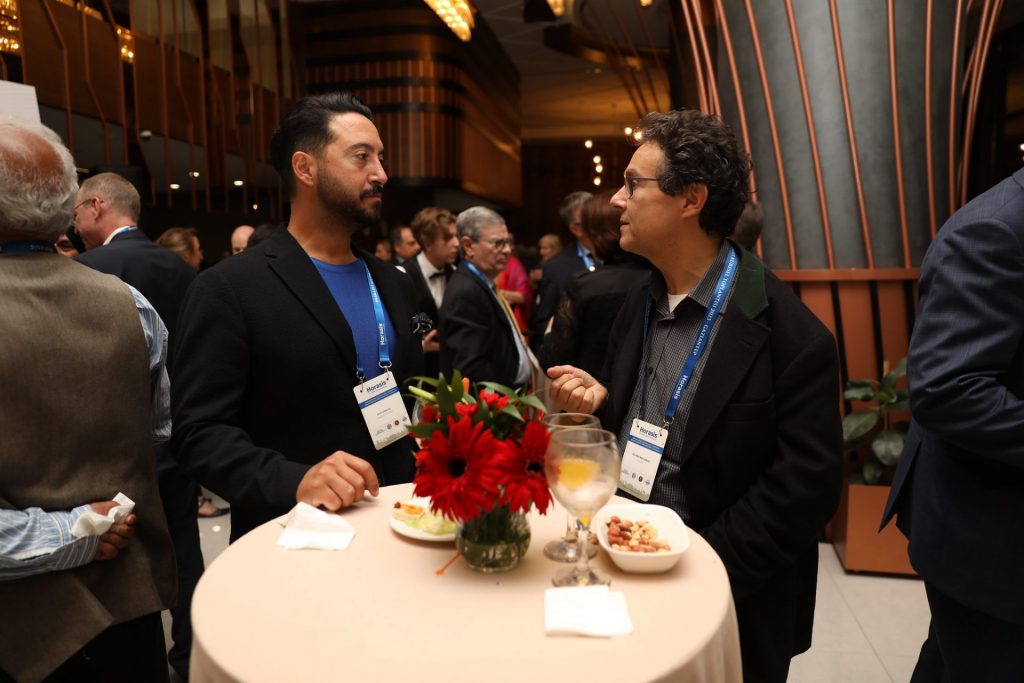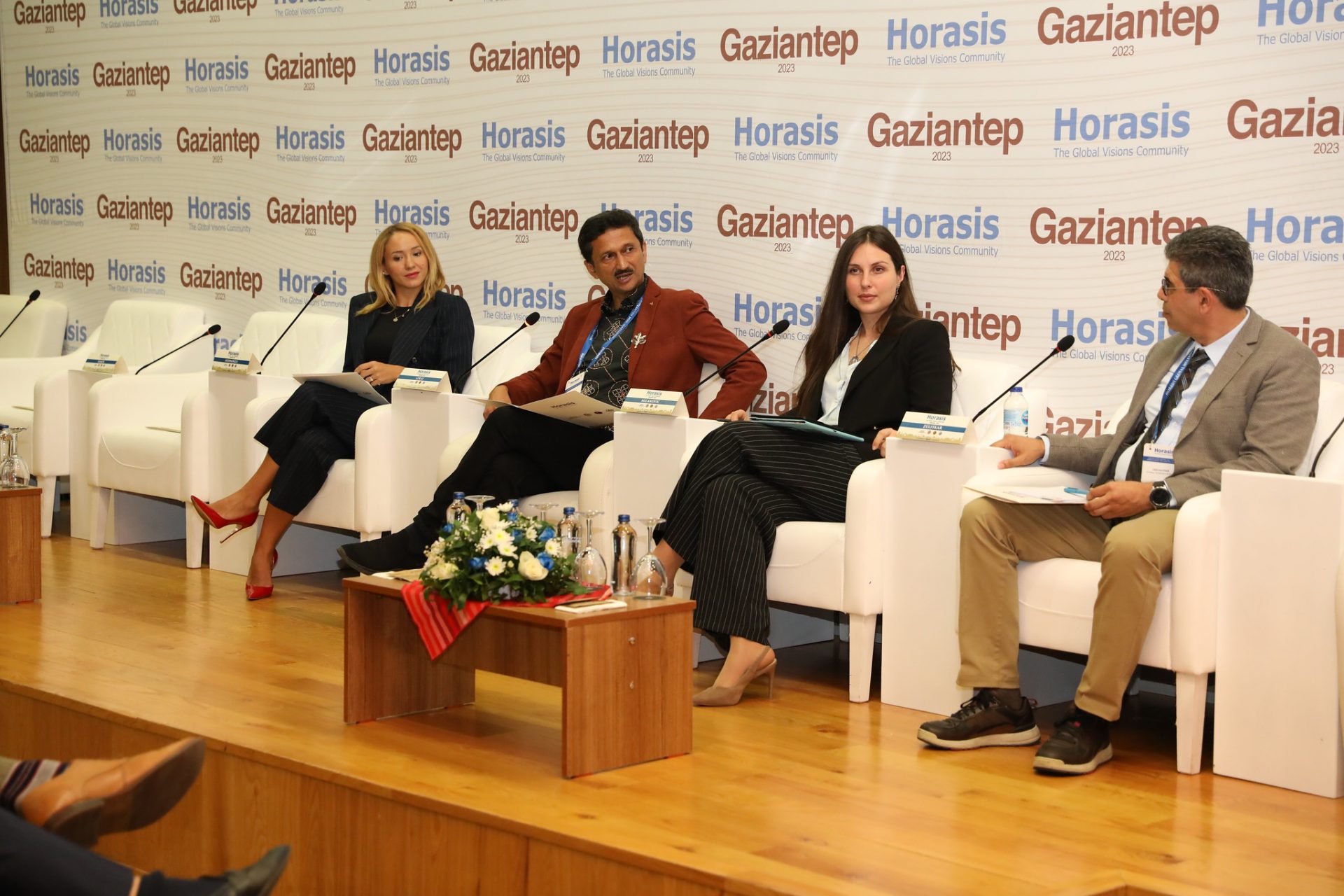Developing Mobile Globalized Disaster Management
At the outset, Vivek Atray, Former Civil Servant and Leadership Mentor, India introduced the topic and the panel. He emphasised the need for visionary and forward looking preparedness for possible, impending or likely disasters instead of focussing on responsiveness alone. He stated that all stakeholders including society, government, industry and academia should come together to prepare the world in a more cohesive and professional manner for disasters. Response mechanisms also require mutual understanding and collaboration between these entities across the world, he said.
Can Zülfikar, Assistant Professor, Istanbul Technical University, Türkiye stressed upon the need for deep rooted research. particularly in the study of earthquakes, and the need for municipal bodies to adopt the measures recommended by scientists at the earliest, instead of dithering and delay that often impede preparedness. He quoted instances from his own research and stated that it is possible for the world to be far more professional and methodical in tackling the gigantic menace of earthquakes and other natural disasters. Administrators need to be more adaptive and accepting in their approach so that inputs from scientists can be acted upon with alacrity.

Can Zülfikar, Assistant Professor, Istanbul Technical University & Oliver Keilhack, Chief Financial Officer, Kymati, Germany
Selena Milanovic, Senior Consultant, Siemens Advanta Consulting, Germany emphasised the need for global healthcare preparedness and responsiveness measures that are forward looking and technology enabled. She stated that very often it is the hospitals which also incur damage during natural disasters and doctors are also impacted personally at times, therefore it is imperative to put in place measures that enable healthcare systems to be resilient and robust in order to handle emergency requirements at such times. She also focussed upon the need to make the youth of the world aware and alert towards their responsibility in disaster management.

Begum Aydinoglu, Founding Partner and Creative Director, Sensory, Türkiye highlighted the necessity of visionary design and architecture that is futuristic as well as technology enabled in order for the world to prepare buildings and even cities which can withstand the challenges of disasters in the decades to come.
She quoted examples from her own projects which seek to merge virtual and physical realities to make built environments more adaptive and resilient. Sheemphasised the need to depend upon the transformative power of integrating advanced technologies in the architecture of the future.
The panel agreed upon the fact that far sighted and visionary leadership is necessary in order to create an environment of resilient preparedness and alacritous responsiveness to face natural disasters of the future.
By Vivek Atray, Former Civil Servant and Leadership Mentor, India



